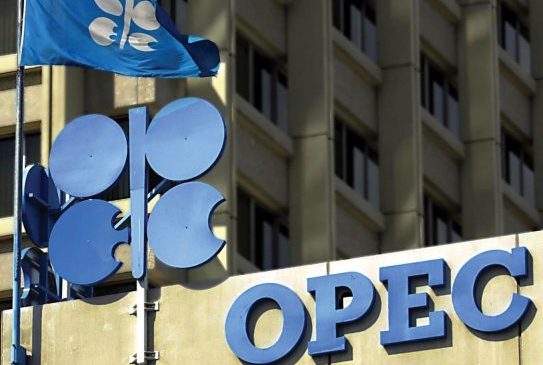The historic oil deal between OPEC and its allies (OPEC+), and other top oil-producing countries on Sunday, April 12, 2020, did not come without its own drama. These countries had to contend with the disagreement with Mexico on an output cut, antics of Saudi Arabia and Russia, and the subsequent intervention of the United States.
Following the agreement on the deal, OPEC is supposed to stick to an output cut of 9.7 million barrels per day.
Subsequently, Nigeria has provided an update on its own share of the output cut and the timelines for the deliverables.
In reaction to that, the Minister of State for Petroleum, Timipre Sylva, talked about the impact of the oil output cut by OPEC and its allies on the Nigerian economy and 2020 Budget.
The Minister, during a monitored interview on television on Monday, April 13, 2020, explained that the Federal Government (FG) expects that the development to shore up prices, as the country is already below the rebased budget benchmark.

The minister pointed out that Nigeria is going to get the benefit of the upside of the low prices, while admitting that government has introduced price modulation, which means that the price of petroleum products in Nigeria will be determined by the international price of crude oil.
This reinforces Federal Government’s earlier statement that Nigeria has done away with fuel subsidy.





